Malta’s ‘Blockchain island’ calling card must also have the public cash to support such an industry and skilled jobs, says Peter Agius
Malta must act quickly and tap into new EU funds for digital transition, the Nationalist Party candidate Peter Agius has warned.
On Wednesday the European Parliament in Strasbourg voted on its position for an EU Budget for 2021-2027, which will also include a new €9.2 billion fund for the digital transition.
The fund includes €2.5 billion fund for Artificial Intelligence projects in EU member states.
“Government is still stuck with the old idea of EU funds being primarily cohesion funds,” Agius said, warning that cohesion money will suffer a 7% decrease in the coming budget.
“The EU budget already invested heavily in Malta’s infrastructure. So it will be difficult to argue for the same levels of EU funding we got for 2004-2020. We should match Malta’s ambition with this EU trend and put our mouth where the money is: digitialisation, Artificial Intelligence and Cybersecurity.”
Agius said he was concerned that Malta’s 2019 budget do not signal the political will to tackle the challenges of an AI and Blockchain industry, or the need to upskill youths for these industries. “I expect the Maltese government to come forward with proposals to make the best of the new digital EU funds. Only if we are ambitious enough in this regard we can ensure that Malta can continue to grow in Europe.”
Agius said that while the Maltese government was using Blockchain as its calling card all over Europe, it had not yet tapped into the big EU money that could take the island forward on technology.
“We have already had a massive injection of structural funds that include roads infrastructure money… that means we will not get that same amount of money on these projects again. But countries like France, Germany, Latvia and Estonia are already laying their claim to this new budget.”
Agius said that Malta needed the cash to stimulate its research and development capability for new technology.
“We’ve seen robots pondering Maltese citizenship and the Prime Minister addressing Jack Ma in China on the future of AI. The PR side of things is important. But we must go further: if the movers and shakers of AI are looking for a friendly jurisdiction, they will need a Place where public money and capital availability abounds for concept development and market deployment. For that, Malta needs to tap into EU funds.”
Agius also warned that attracting digital, A.I. and Blockchain companies to Maltese shores will require a massive investment in the skills of Maltese youths to tap into the 30,000 jobs these industries can offer.
“Finding the right skills is the employer’s biggest challenge in Malta – investing in education is a win-win formula. The next EU budget will also include a €700 million fund for digital skills.
“If the research goes to other countries, we’ll only get those who want our tax benefits, not the movers and shakers. We need to retain the market’s geniuses with good RnD finance.”
Read full article on Malta Today here.





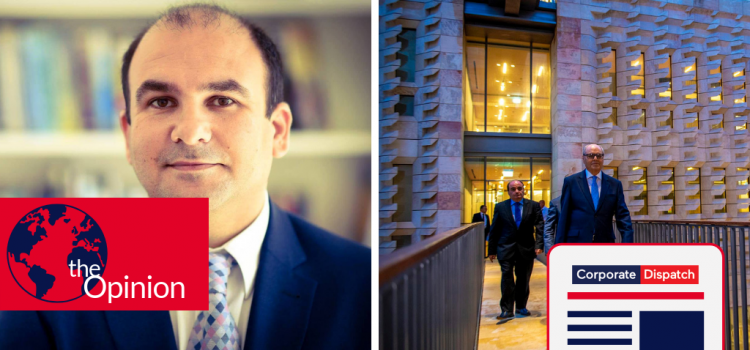
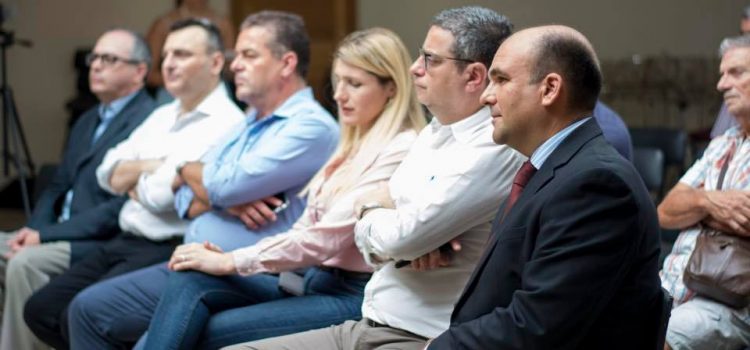
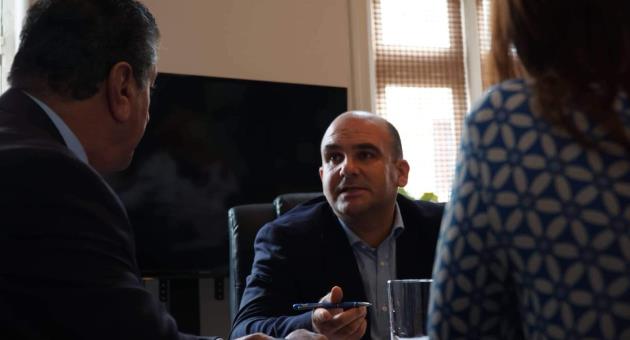
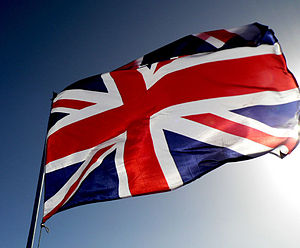
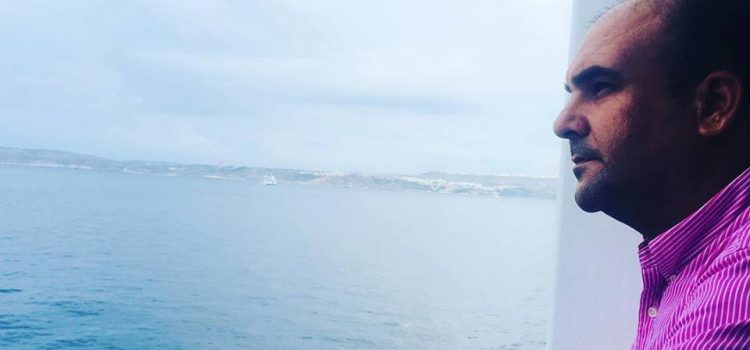










Recent Comments